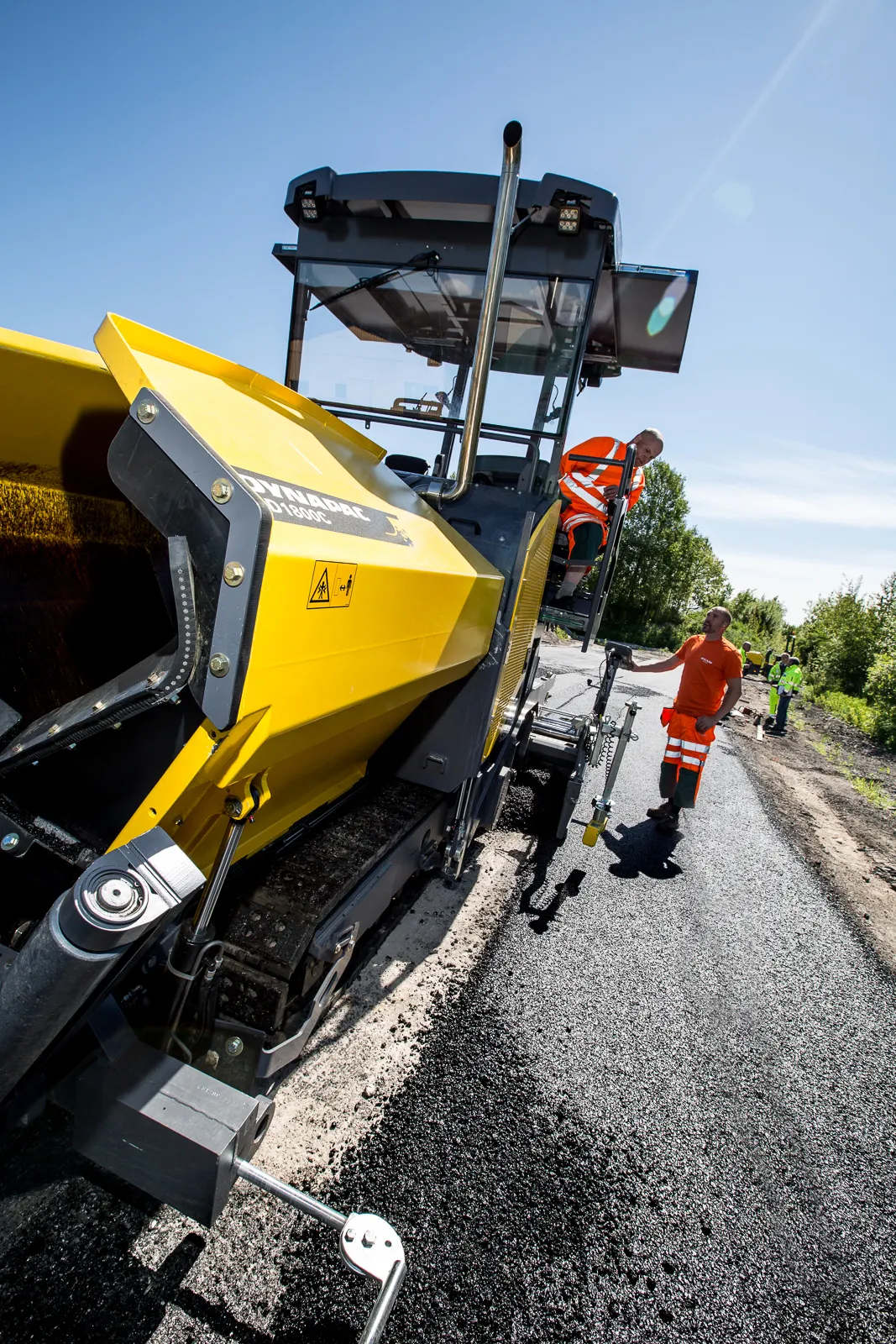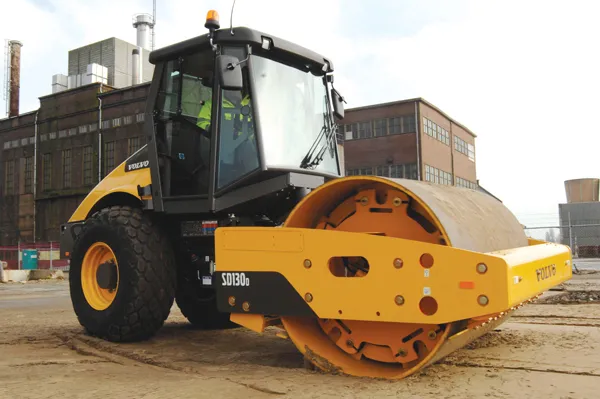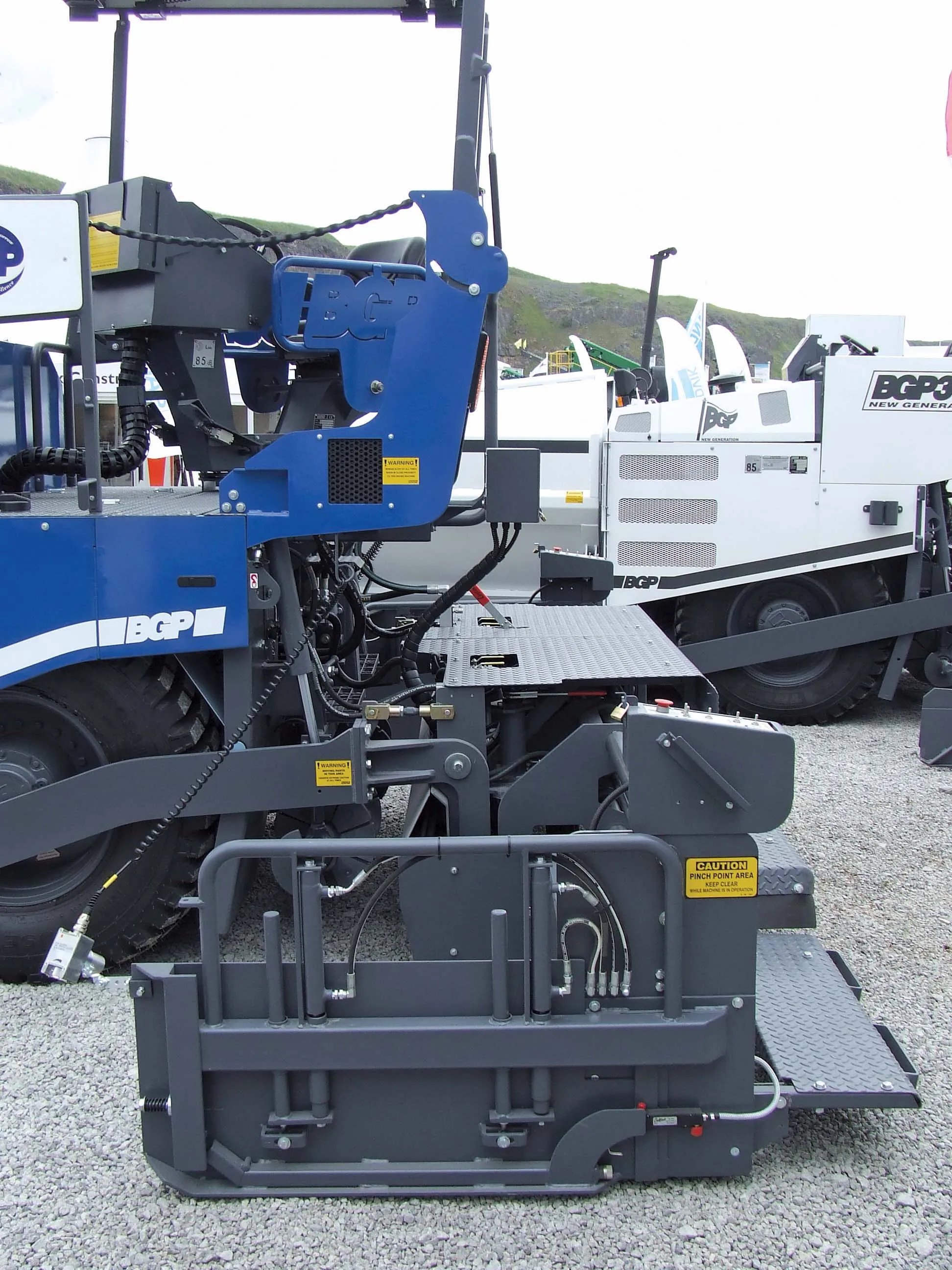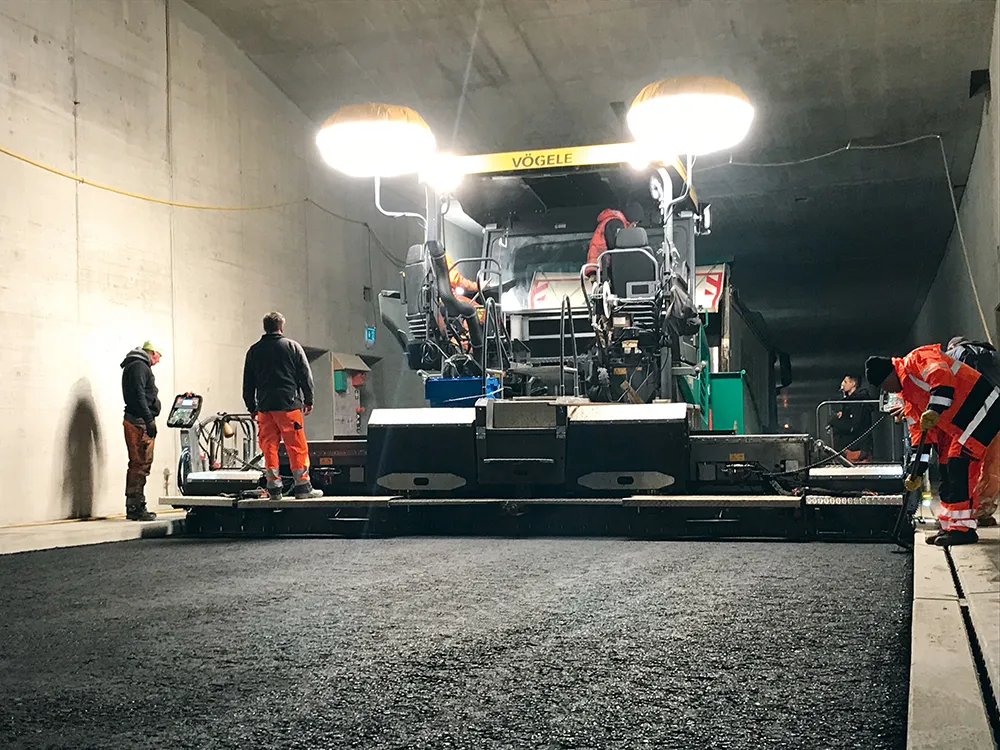High paving quality and productivity are claimed by Atlas Copco Dynapac for the new SD1800 Citypaver. The machine offers a capacity of 350tonnes/hour and can be used for paving widths from 0.7-4.7m, suiting it to use in urban road construction and repair work. The new machine benefits from the firm’s sophisticated PaveManager 2.0 system, which is well proven in the company’s large SD pavers.
Equipped with electro-hydraulic controls, the machine is powered by an emissions compliant Deutz diesel delivering 5
January 6, 2017
Read time: 2 mins

High paving quality and productivity are claimed by 161 Atlas Copco Dynapac for the new SD1800 Citypaver. The machine offers a capacity of 350tonnes/hour and can be used for paving widths from 0.7-4.7m, suiting it to use in urban road construction and repair work. The new machine benefits from the firm’s sophisticated PaveManager 2.0 system, which is well proven in the company’s large SD pavers.
Equipped with electro-hydraulic controls, the machine is powered by an emissions compliant201 Deutz diesel delivering 54kW. This supplies its power through an efficient system that minimises losses and optimises efficiency, lowering fuel consumption. The machine has the intelligent PaveManager 2.0 control system that offers accurate paving control for all applications. This optimises performance and is directly connected through a CAN BUS system. This assures fast and reliable communication and also recognises all levelling equipment from 1228 MOBA.
With its compact 5m length 1.8m width, the SD1800 can work in narrow job sites while its low height of the paver allows it to work in covered parking areas or below trees. Other advantages include its ergonomic platform with pivotable and slidable seats as well as a control panel that is slidable and tiltable.
The screeds feature proven designs from the firm’s large-pavers. The V3500 is said to be stable due to its robust dual-tube extension system. The new screed range is available with vibration only or tamping and vibration pre-compaction systems, while heating can be electric or gas.
Equipped with electro-hydraulic controls, the machine is powered by an emissions compliant
With its compact 5m length 1.8m width, the SD1800 can work in narrow job sites while its low height of the paver allows it to work in covered parking areas or below trees. Other advantages include its ergonomic platform with pivotable and slidable seats as well as a control panel that is slidable and tiltable.
The screeds feature proven designs from the firm’s large-pavers. The V3500 is said to be stable due to its robust dual-tube extension system. The new screed range is available with vibration only or tamping and vibration pre-compaction systems, while heating can be electric or gas.








